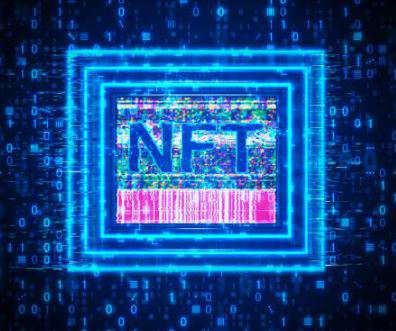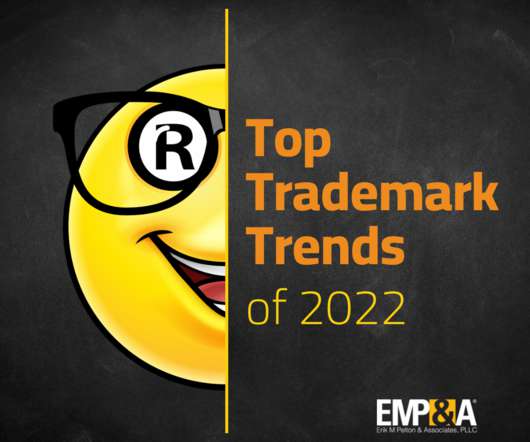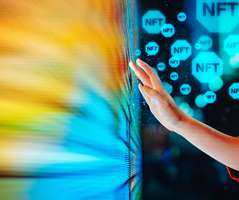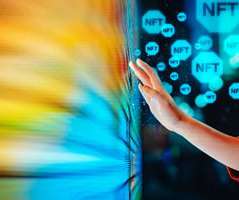Protection of Non-Fungible Tokens in Vietnam
IP and Legal Filings
OCTOBER 20, 2022
NFTs ( Non-fungible token ) are digital assets that represent tangible or intangible items, built on existing or newly-created blockchain networks. They can be a digital depiction of anything, including real estate, hotel bookings, tunes, artwork, and game objects. Introduction.













Let's personalize your content